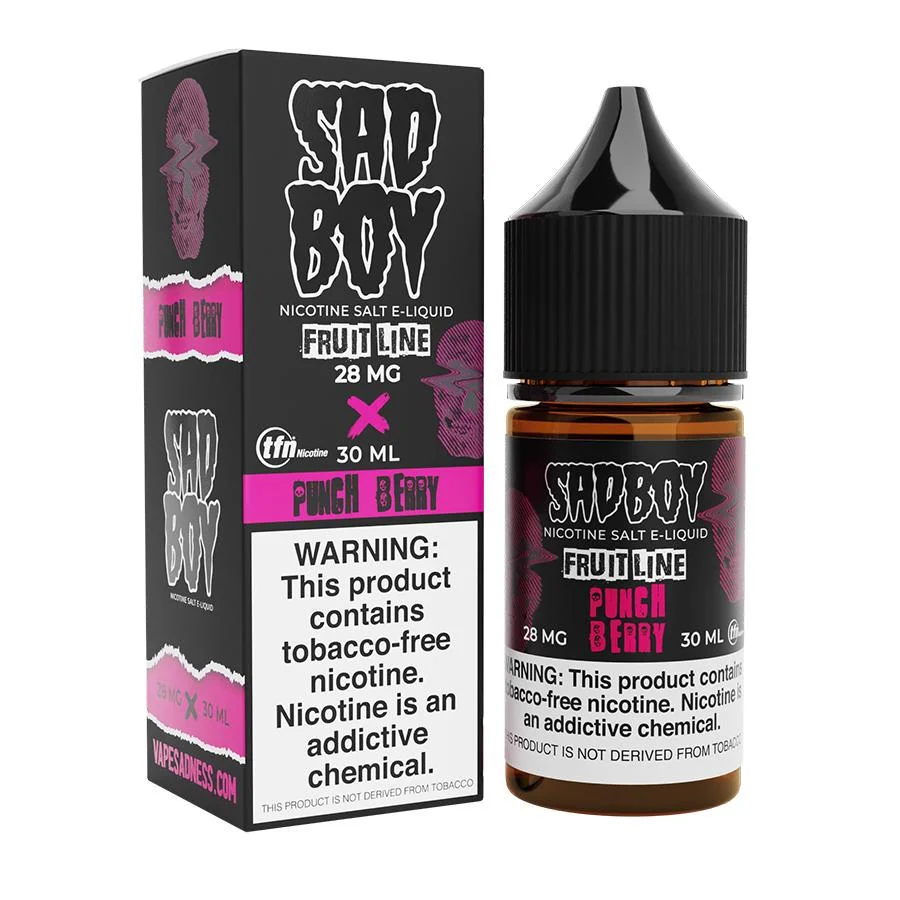How large of a down payment will you need for a mortgage on a condominium?
The short answer is 3 percent to 20 percent of your unit’s purchase price, with 10 percent being common for those buyers who must rely on conventional loans to finance their units.
The long answer, though, is more complicated.
In theory, down payment requirements for a condo should be similar to those for a single-family home. What is different, though, is that many condo developments across the country might not qualify for mortgage types insured by the Federal Housing Administration or U.S. Department of Veterans Affairs, better known as FHA or VA loans. Others might not be approved for loans guaranteed by Fannie Mae or Freddie Mac.
This could limit your down payment options. FHA loans, for instance, require down payments as low as 3.5 percent of a home’s final purchase price. VA loans don’t require any down payments at all. But if the condo unit you want to buy is a home not approved for FHA or VA financing, you won’t be able to take advantage of the low-down-payment options these loan types offer.
Down payment options fewer in some parts of the country
Some areas of the country feature a smaller number of condos approved by either Fannie Mae and Freddie Mac or the Department of Veterans Affairs or Federal Housing Administration. So depending on where you are looking to buy your condo, your down payment options might be even more limited.
You can search for FHA-approved condos by state and county on the link shown. You may find limited options in some states. In Florida, for example, only 130 condo buildings were approved for FHA insurance as of June 16 of this year. In Nevada, only 29 condo developments were approved for FHA financing. In Arizona, only 145 condo buildings had earned this approval, and in New Jersey just 298. Looking for an FHA-approved condo in New York? Your options were limited to just 84 as of June 16.
But in California, 2,056 condo developments have been approved for FHA financing as of June 16. In Illinois, buyers can find 632 FHA-approved condo developments.
Michael Kelczewski, a real estate agent with Brandywine Fine Properties in Centreville, Delaware, said that buyers might struggle to find condos in their states that are approved for FHA or VA loans, so they'll typically have to go with conventional mortgages, those not insured by a government agency. Often, lenders will request higher down payments for these loans.
"Most condominium complex associations fail to pursue FHA/VA certification as the regulations and documentation process is onerous," Kelczewski said. "From my experience, conventional mortgage products are the most common."
It's easier to find condo developments approved for VA loans. In California as of June 16 you could find 9,290 condo buildings approved for VA loans. In Illinois you could find 2,484, and in Texas you'd find 1,021. Even in Florida, which has a low number of FHA-approved condo developments, buyers can find 2,350 projects approved for VA financing.
The challenge, of course, is that VA loans are of limited availability. You need to be a veteran or active member of the U.S. Military, or the surviving spouse of a veteran, to qualify for VA loans (or fall into one of a few other military related categories).
Conventional mortgages and down payments
You can also search for condo developments in your state that are approved for conventional loans guaranteed by Fannie Mae or Freddie Mac. Just don't be surprised to see many of them when you search. Some states, in fact, will have zero approved condo developments. Try searching the Fannie Mae database of approved condo developments to see.
This doesn't mean that you can't get a conventional mortgage for a condo, though. Most condos that aren't already approved, for instance, need only a "limited review" before you can finance them with a conventional mortgage. Basically, your lender will send a questionnaire to the homeowner's association governing the development in which you want to buy. If the condo meets certain requirements -- fewer than 15 percent of unit owners must be behind on their homeowner's association dues, more than half of the units must be owner-occupied, 10 percent of homeowner's association dues must be allocated to reserves -- then buyers can finance the purchase of it with a conventional loan.
There is one catch, though: Buyers must put down at least 10 percent of the condo unit's purchase price to be eligible for a limited review.
Conventional condo mortgages don’t always come with higher down payments
Just because you are forced to apply for a conventional mortgage -- one guaranteed by Fannie Mae or Freddie Mac -- doesn't mean you'll have to come up with a down payment of 20 percent or 25 percent of your condo unit's cost.
The amount of a down payment you'll need will often depend on a host of factors, including some – such as your credit score – that you have some control over.
One of the biggest is the make-up of the condo development in which you want to buy. Jeff Rohde, president of J. Scott & Company, a Phoenix-based real estate company, said that many lenders look carefully at how many units in a building are occupied by owners and how many are being rented out.
Lenders might request a larger down payment if you're buying into a development with more renters.
"The lender's perception is that, rightly or wrongly, a unit that is rented will not be as well-maintained as an owner-occupied unit, and so presents more of a risk to the overall condominium project," Rohde said.
Lenders will then request higher down payments to make up for that risk, Rohde said.
Most lenders prefer condo developments in which 80 percent to 90 percent of the units are occupied by their owners, not renters, Rohde said.
Downpayments can vary in different parts of the country and in some areas, buyers have less options to choose from. The main reason is that fewer condos are approved by Fannie Mae. Remember that a quick search for FHA-approved condos by state and county will present all the options available, no matter where you're from.





